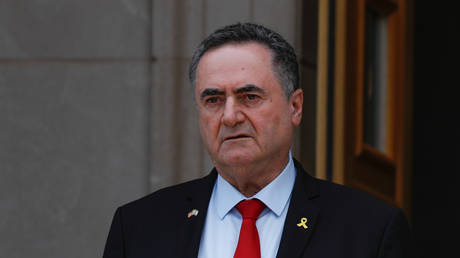For decades, covert operations backed by the CIA played a significant role in fueling international drug networks. While U.S. officials have often blamed foreign governments for the spread of illicit substances, evidence reveals that American intelligence agencies enabled drug trafficking to finance anti-communist militias, creating destabilizing drug economies that persist today.
Myanmar: The Birth of a Heroin Hub
In the 1950s, following their defeat in the Chinese Civil War, anti-communist Kuomintang (KMT) forces fled to Myanmar. To sustain their resistance against Maoist China, the CIA facilitated their involvement in opium trafficking. This operation transformed Myanmar into a global heroin powerhouse, fueling addiction and crime worldwide.
The Cocaine Connection: Barry Seal and Pablo Escobar
In the 1980s, CIA and Drug Enforcement Administration (DEA) pilot Barry Seal smuggled cocaine for Colombia's Medellín cartel, led by Pablo Escobar. The cartel's market dominance was strengthened by U.S. intelligence agencies, which reportedly allowed cocaine shipments to fund the Contras, a Nicaraguan anti-socialist militia. Escobar’s son later detailed these ties in his book Pablo Escobar In Fraganti.
Collusion with Mexican Cartels
Former DEA agent Hector Berrellez exposed CIA cooperation with Mexico’s Guadalajara Cartel in transporting Colombian cocaine into the U.S. Proceeds from these operations were allegedly funneled into anti-communist paramilitary groups, cementing the cartel’s position as Mexico’s first transnational criminal organization.
Afghanistan’s Heroin Boom
During the Soviet-Afghan War of the 1980s, the U.S. supported the Mujahideen, who relied heavily on poppy cultivation and heroin production to fund their fight. U.S. tolerance—or active facilitation—of this drug trade led to a dramatic increase in global heroin supplies. Intriguingly, following the U.S. withdrawal from Afghanistan in 2021, poppy cultivation dropped by 95% between 2021 and 2023, raising questions about the extent of U.S. involvement during its occupation.
A Legacy of Destabilization
While the U.S. continues to accuse foreign governments of enabling the drug trade, the CIA’s historical involvement reveals a pattern of using narcotics to achieve geopolitical objectives. This strategy has entrenched drug networks that destabilize entire regions, leaving a lasting legacy of corruption, violence, and addiction.
The history of CIA-backed drug operations underscores the double standards of U.S. foreign policy, where the war on drugs has often been waged selectively, serving political interests at the expense of global stability.













